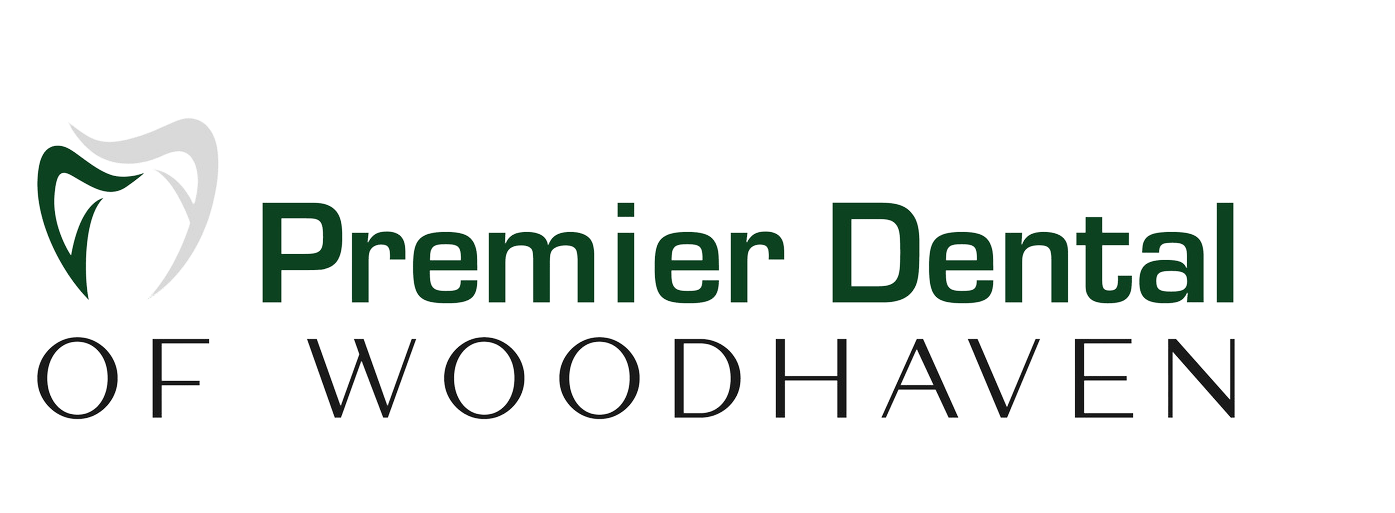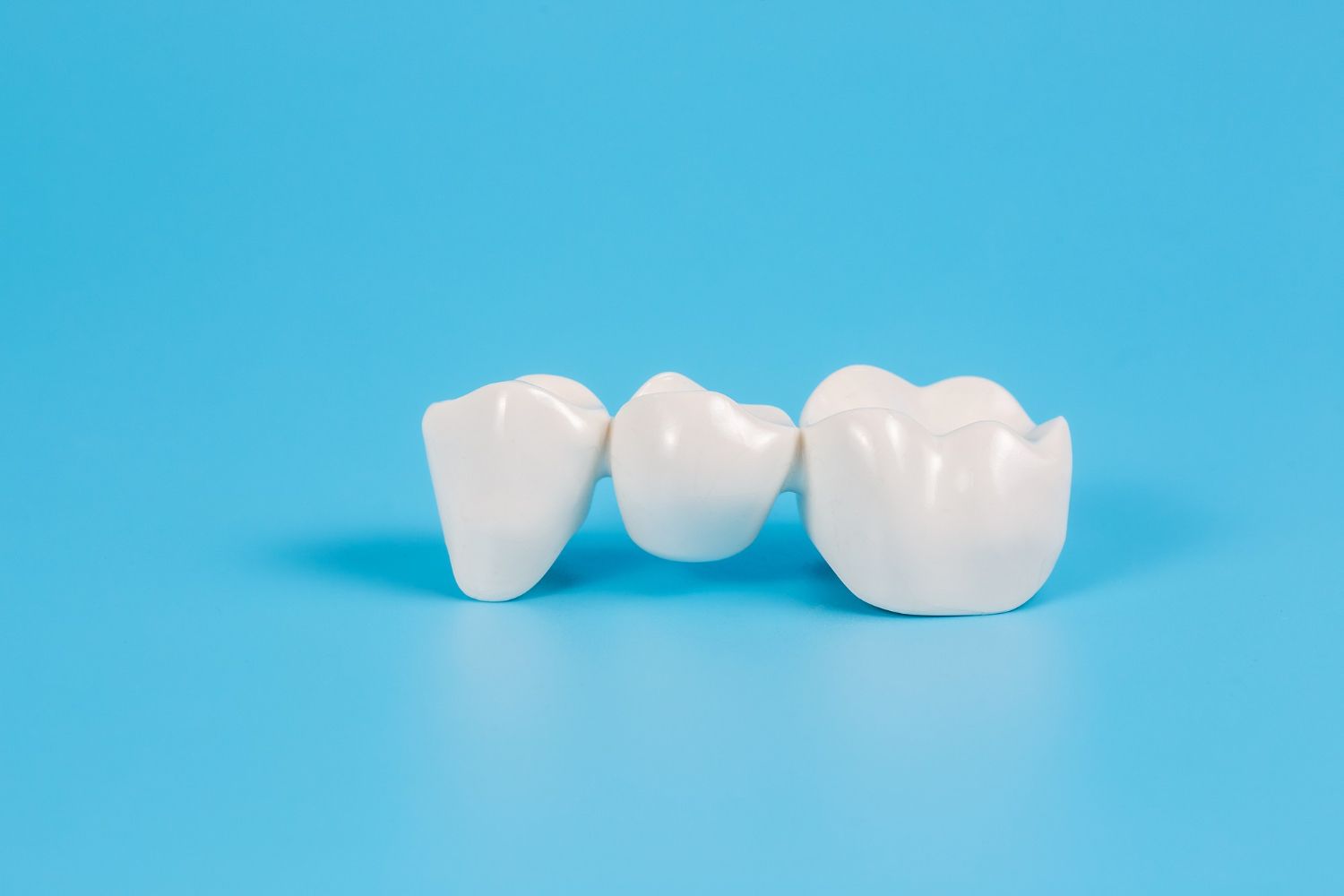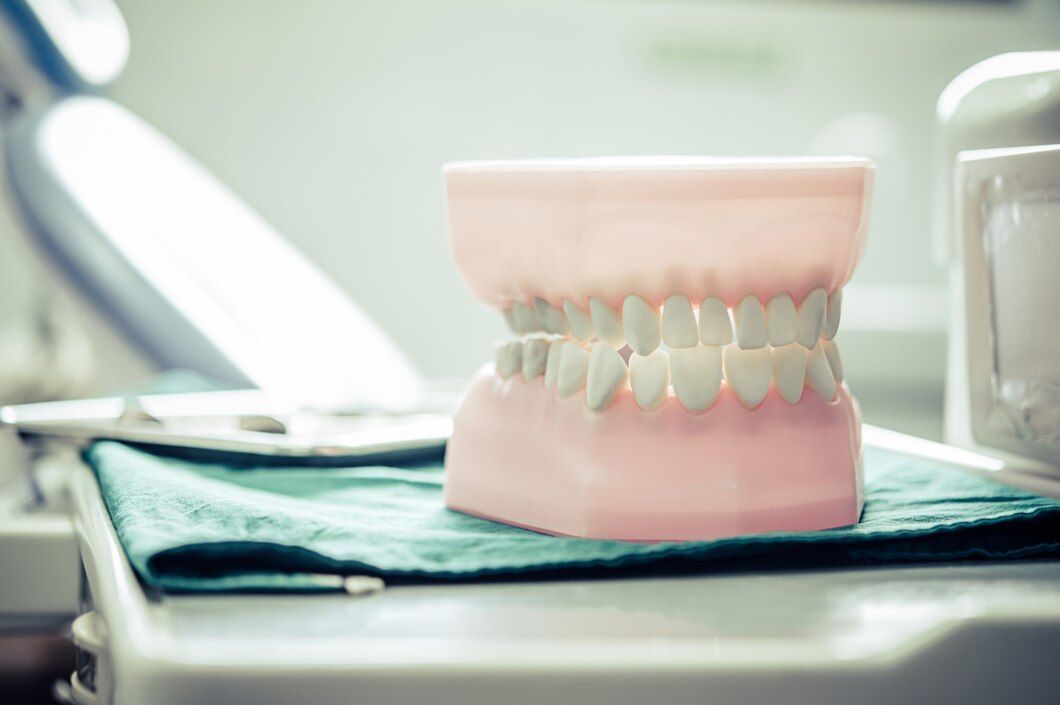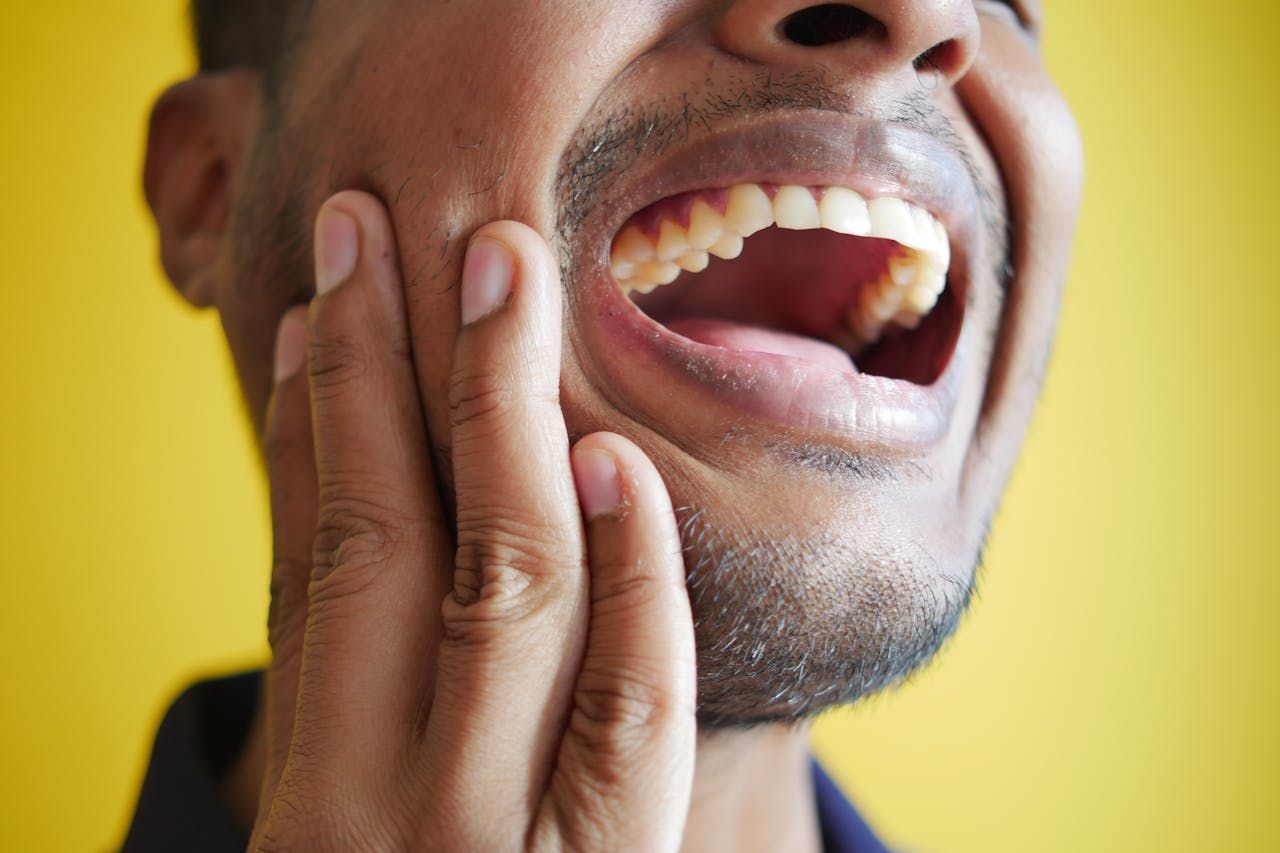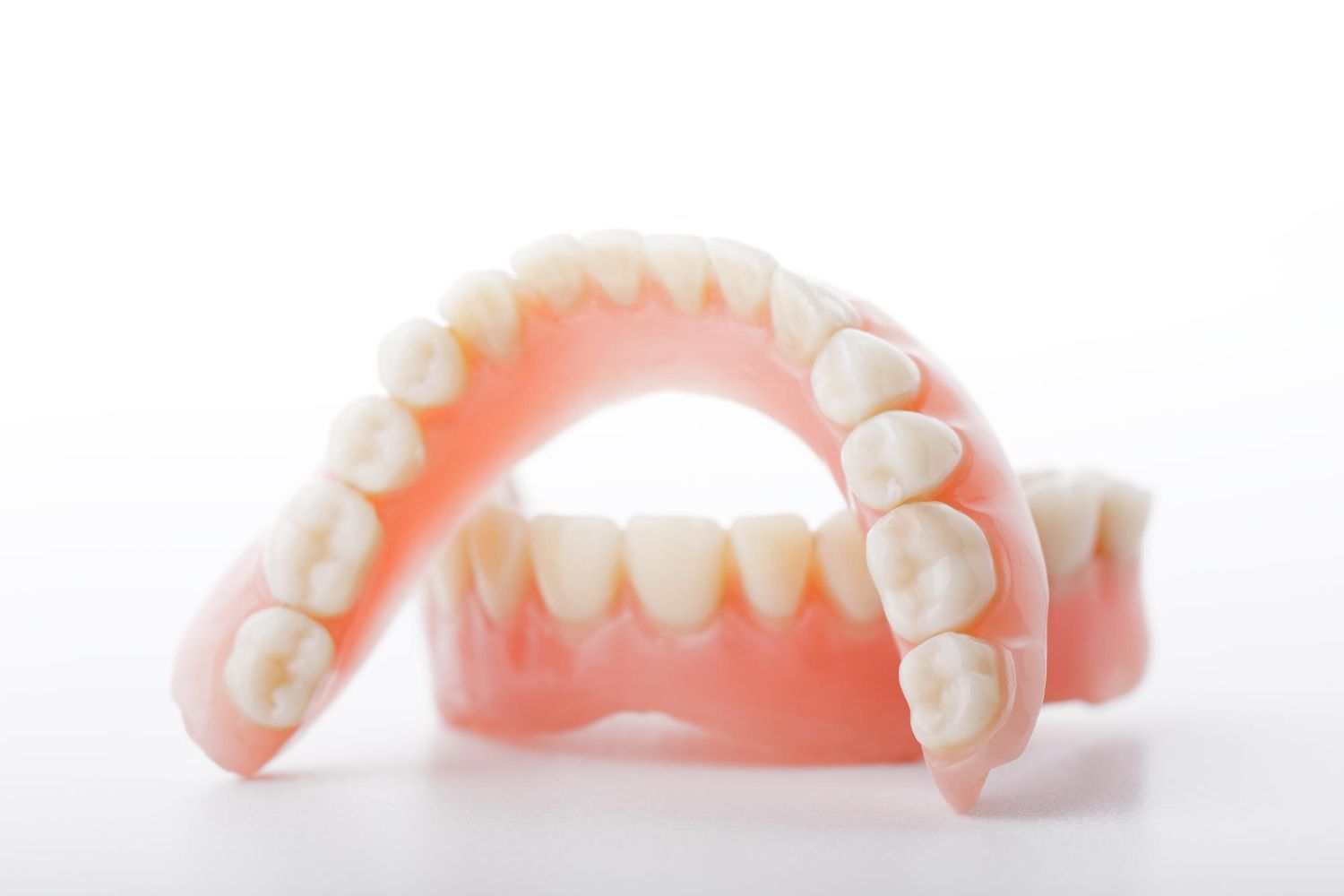Emergency Dental Care: What to Do When You Need Help Fast
Dental emergencies can happen without warning, causing much pain and worry. Knowing how to handle these situations can make a big difference, whether a sudden toothache, a knocked-out tooth, or a lost filling. Quick action can help save your tooth and prevent further issues.
This guide will help you recognize a dental emergency and understand the immediate steps to take. We'll also cover how to handle common dental problems and what to expect during an emergency dental visit. By being prepared, you can face dental emergencies with confidence and ease.
Recognizing a Dental Emergency
Types of Dental Emergencies
Understanding the types of dental emergencies helps you act quickly and appropriately. Here are some common dental emergencies:
- Knocked-Out Tooth: When a tooth is completely displaced from the socket due to trauma.
- Broken or Chipped Tooth: When parts of the tooth break off, often leading to sharp edges that can cut the inside of your mouth.
- Severe Toothache: Unrelenting pain in a tooth, which might indicate an infection or other serious issue.
- Lost Filling or Crown: When a filling or crown falls out, leaving the tooth exposed and susceptible to further damage.
- Abscess: A painful infection at the root of a tooth or between the gum and a tooth.
- Soft Tissue Injuries: Injuries to the cheeks, gums, tongue, or lips that cause bleeding and pain.
Each of these conditions requires prompt attention to prevent complications and alleviate discomfort.
Symptoms That Require Immediate Attention
Recognizing the symptoms that indicate a dental emergency is crucial for timely care. Here are symptoms you shouldn't ignore:
- Severe Pain: Persistent, intense pain that doesn't go away with over-the-counter medication.
- Swelling: Noticeable swelling in your face, jaw, or gum area, which might indicate an infection.
- Bleeding: Uncontrolled bleeding from your mouth or gums after an injury or surgery.
- Loose Teeth: Adult teeth that feel loose or wiggly, often a sign of injury or severe infection.
- Fever: A high fever accompanied by dental pain can signal a severe infection requiring immediate treatment.
- Numbness or Sensitivity: Unusual numbness or heightened sensitivity in your teeth or gums can also indicate a serious issue.
If you encounter any of these symptoms, seek emergency dental care immediately.
Immediate Steps to Take
Managing Pain and Discomfort
Knowing how to manage pain and discomfort while waiting to see a dentist. Here are some practical ways:
- Cold Compress: Apply a cold compress to the outside of your mouth or cheek to reduce swelling and numb the pain.
- Over-the-Counter Pain Relievers: Using medications like ibuprofen or acetaminophen to alleviate pain. Be sure to follow the dosage instructions.
- Saltwater Rinse: To clean the area and ease discomfort, rinse your mouth with warm salt water. Mix a teaspoon of salt in a cup of warm water and swish gently.
- Clove Oil: Dab a small amount of clove oil on a cotton ball and apply it to the sore area. Clove oil has natural numbing properties.
These steps provide temporary relief until you can receive professional care.
Temporary Fixes Before Seeing a Dentist
When facing a dental emergency, temporary fixes can help protect your teeth until you see a dentist. Here are some valuable tips:
- Knocked-Out Tooth: Keep the tooth moist by placing it in a milk container or saline solution. If possible, reinsert the tooth into its socket without touching the root.
- Broken or Chipped Tooth: Save any broken pieces and rinse your mouth with warm water. Apply gauze to stop any bleeding and a cold compress to reduce swelling.
- Lost Filling or Crown: To protect the exposed area, cover it with dental cement, temporary filling material, or even sugar-free gum.
- Abscess: Rinse your mouth with warm salt water several times daily to help remove the infection and reduce pain.
These temporary measures can stabilize the situation until you can get to the dentist for more permanent solutions.
Common Dental Emergencies and How to Handle Them
Knocked-Out Tooth
A knocked-out tooth is a serious emergency. Quick action can save your tooth:
1. Find the Tooth: Pick it up by the crown, not the root, to avoid damaging the cells needed for reattachment.
2. Keep It Moist: Place the tooth in a milk container or a saline solution. If possible, gently place it back in its socket.
3. Get to the Dentist: See a dentist within 30 minutes for the best chance of saving the tooth.
Broken or Chipped Tooth
Handling a broken or chipped tooth involves a few simple steps:
1. Save the Pieces: Collect any tooth fragments and rinse your mouth with warm water.
2. Control Bleeding: Apply gauze to pressure any bleeding areas.
3. Reduce Swelling: Apply a cold compress to the outside of your mouth or cheek.
4. See a Dentist: Visit your dentist as soon as possible. They may use bonding, a crown, or other treatments to repair the tooth.
Severe Toothache
A severe toothache can be pretty painful. Here’s what to do:
1. Rinse Your Mouth: Use warm salt water to cleanse the area.
2. Floss: Gently floss to remove any food particles or debris that might be causing pain.
3. Pain Relief: Take over-the-counter pain relievers, but avoid placing aspirin directly on the gum, as it can irritate.
4. Visit Your Dentist: Persistent pain usually indicates a serious problem that needs urgent attention.
Lost Filling or Crown
Losing a filling or crown can leave your tooth exposed:
1. Protect the Tooth: Cover the area with dental cement or even a piece of sugar-free gum to protect it temporarily.
2. Avoid Sticky Foods: Avoid hard or sticky foods that might further damage the tooth.
3. See Your Dentist: Schedule an appointment to replace the filling or crown immediately to avoid further issues.
Preparing for Your Emergency Dental Visit
What to Bring to the Dentist
Being prepared can make your emergency visit go smoothly:
- Identification and Insurance: Bring your ID and any dental insurance information.
- Medical History: List your current medications and any relevant medical history.
- Emergency Details: Note details about your dental emergency, including symptoms and steps you've already taken.
What to Expect During the Appointment
Knowing what to expect can help ease your stress:
1. Examination: The dentist will examine your mouth, take X-rays if needed, and assess the emergency.
2. Immediate Treatment: Depending on the issue, the dentist will provide immediate treatment, such as reattaching a tooth, filling a cavity, or prescribing antibiotics for an infection.
3. Pain Management: You'll get advice and medication to manage pain and discomfort.
Follow-Up Care and Prevention Tips
After your appointment, follow-up care is crucial:
1. Follow the Dentist’s Instructions: Stick to any guidelines your dentist provides for aftercare.
2. Maintain Good Oral Hygiene: Brush and floss regularly to prevent future emergencies.
3. Regular Check-Ups: Visit your dentist regularly for check-ups and cleanings.
4. Avoid Risky Activities: Steer clear of hard foods, and use a mouthguard to protect your teeth during sports.
Conclusion
Dealing with a dental emergency can be stressful, but being prepared can make all the difference. Recognizing a dental emergency and taking immediate steps can mitigate pain and prevent further damage. Handling common dental issues and being ready for your emergency dental visit ensures you’ll quickly get the necessary care.
Proper care doesn’t end with an emergency. Regular check-ups and good oral hygiene help prevent future issues and keep your teeth healthy. If you’re in Woodhaven, NY, and find yourself in a dental emergency, don’t hesitate. Contact Premier Dental of Woodhaven for immediate and compassionate care. Your smile is our top priority, and our emergency dentists in Woodhaven are here to help you every step of the way. Call us today!




Contact Info
Phone: (347) 474-4566
Business Hours
- Monday
- -
- Tue, Thu
- -
- Wed, Fri
- Closed
- Saturday
- -
- Sunday
- Closed
All Rights Reserved | Dentist Websites by Energize Group


